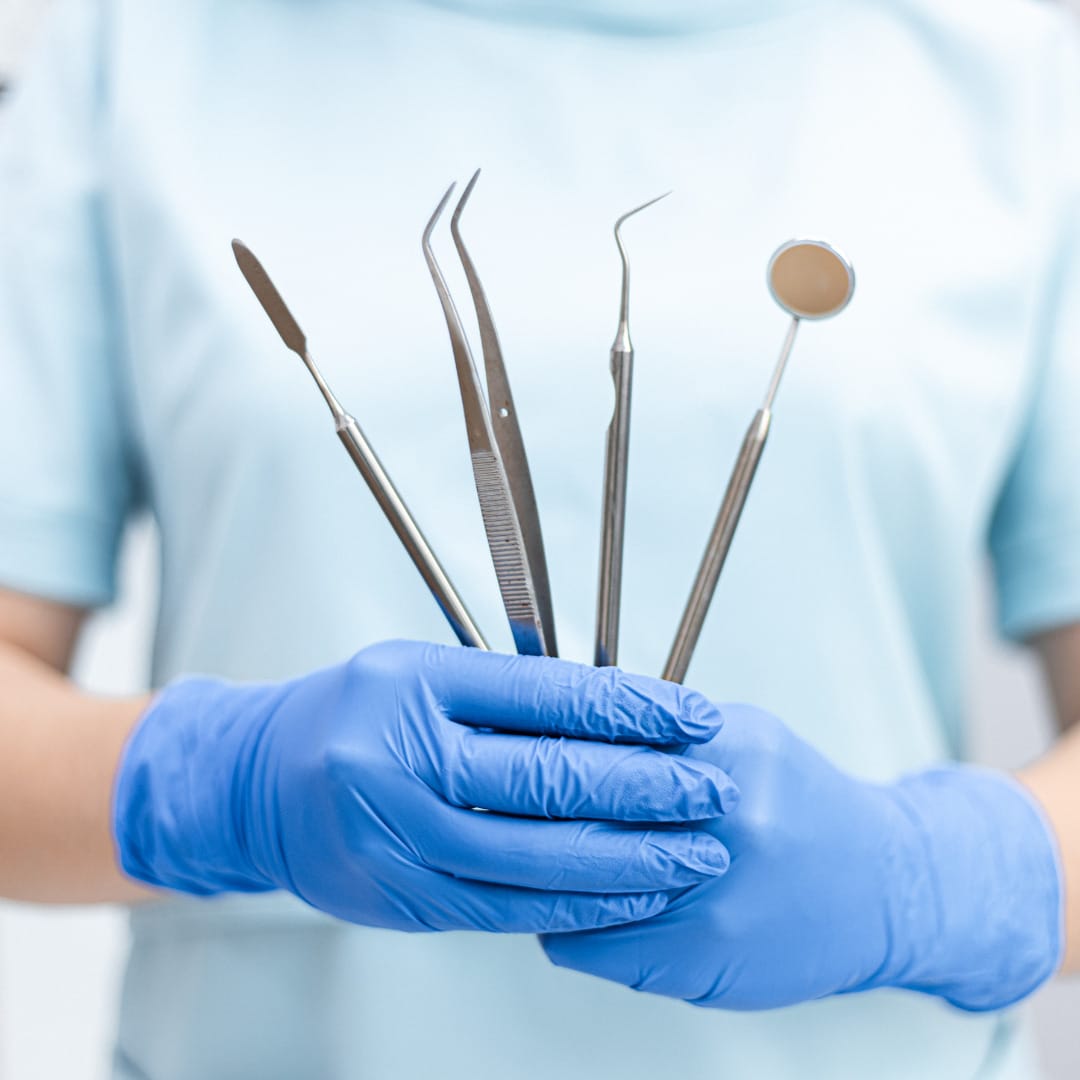A core mission of the DEA is regulating the distribution of controlled pharmaceuticals. The agency tries to ensure an adequate supply of controlled substances for legitimate medical use while preventing diversion into illegal activity. A DEA number is critical to this process.
Healthcare professionals have an important role in this process. As a result, a DEA number is a requirement for many practitioners.
Learn more about DEA registration and how to get your DEA license.
What Is a DEA Number?
A DEA number is a number that the US Drug Enforcement Administration (DEA) assigns to a healthcare provider. You may hear a DEA number called a DEA license or a DEA registration. These terms all refer to the same thing.
A DEA registration number authorizes a healthcare provider to administer, dispense, or prescribe controlled substances in the United States. It also lets the DEA track prescription providers and watch for potential fraud or abuse.
Medical facilities and state regulators will conduct a DEA registration lookup before allowing you to practice. Methods of DEA lookup include online databases in addition to asking DEA to lookup a number. Many states have a database allowing the public to conduct a state and DEA license lookup as well.
What Does a DEA Number Look Like?
A DEA number is a series of letters and numbers. It contains two letters, six numbers, and one check digit.
The first letter identifies the type of registrant. The second letter is the first letter of the provider’s last name. Six digits follow the numbers. A formula calculates the seventh (check) digit based on the previous six.
Who Needs a DEA License?
A variety of healthcare practitioners need a valid DEA number issued, including:
- Physicians
- Nurse practitioners
- Physician assistants
- Pharmacists
- Optometrists
- Dentists
For these types of providers, a DEA license is typically a requirement to work in a medical facility.
How to Obtain a DEA Number
The DEA license application process is straightforward. First, you need to meet the licensing requirements for the state where you’ll be practicing. Many states require their own permit for controlled substances before you can apply for DEA registration.
The second step is the DEA license application itself. You need to submit DEA Form 224. Different versions of the form are available for practitioners, mid-level practitioners, and pharmacists.
The form includes several sections that ask about:
- Personal and practice information
- Business activity
- Prescribing schedules
- State license
- Background involving controlled substances
DEA now requires all registration applications to be submitted online.
You’ll need to pay a fee for the DEA application. You can find the required fee amount online. Application fees are non-refundable.
Managing DEA Licenses Across Different States
One of the benefits of being a locum tenens provider is the ability to travel and practice in various health care facilities and communities around the U.S. For those medical providers who are starting to or thinking of working in multiple states regularly, one of the most common questions is, “How do locum tenens providers manage DEA registrations across different states?”
A practitioner is required to have a separate DEA registration for “each principal place of business or professional practice where the applicant manufactures, distributes, or dispenses” controlled substances, according to 21 U.S.C. § 822(e). This may not always be conducive for locum tenens providers as the process of obtaining a new DEA registration for each place they work can be tedious and costly. If the practitioner will be working solely in a hospital/clinic setting, they may use the hospital’s DEA registration instead of registering independently with DEA if the hospital agrees and the situation warrants, according to 21 C.F.R. § 1301.22(c).
Practitioners may transfer their existing DEA registration from one state to another as needed by either contacting DEA’s Registration and Program Support Section at 1-800-882-9539 or request the change by sending an email to DEARegistrationHelp@dea.gov. DEA will issue a new DEA certificate with the appropriate changes if DEA approves the modification, see 21 C.F.R. § 1301.51. This can take 24–48 hours to update and can be printed instantly off the DEA’s website.
DEA License Renewal
Your DEA number is valid for three years. You should submit your application for DEA license renewal at least 45 days before your registration expires. This allows you to keep prescribing while DEA considers your renewal request.
DEA registration renewals must be submitted online using DEA Form 224a. You’ll also need to pay the renewal fee. Processing a DEA license renewal usually takes four to six weeks.
DEA Registration for Travel and Locum Tenens Healthcare Professionals
Travel and locum tenens healthcare professionals have particular considerations around their DEA license. If you plan to work in multiple states, you need a DEA number for each state where you’re practicing. You have two options:
- Apply for a separate physician DEA number in each state where you plan to work, or
- Transfer your existing DEA registration from one state to another as needed
Keep in mind that processing a change of address can take several weeks. Many providers find that they are better off obtaining a second or third DEA registration for the state(s) where they intend to take locum tenens assignments.
Work with the Right Locum Tenens Team
A DEA registration gives you the authorization to prescribe and dispense controlled substances. The application process is straightforward, but the processing can take time. Planning ahead is critical, especially if you plan to take a travel or locum tenens assignment.
Barton Associates has the experience to help your locum go smoothly. Search our openings today to find the best openings for your position.

